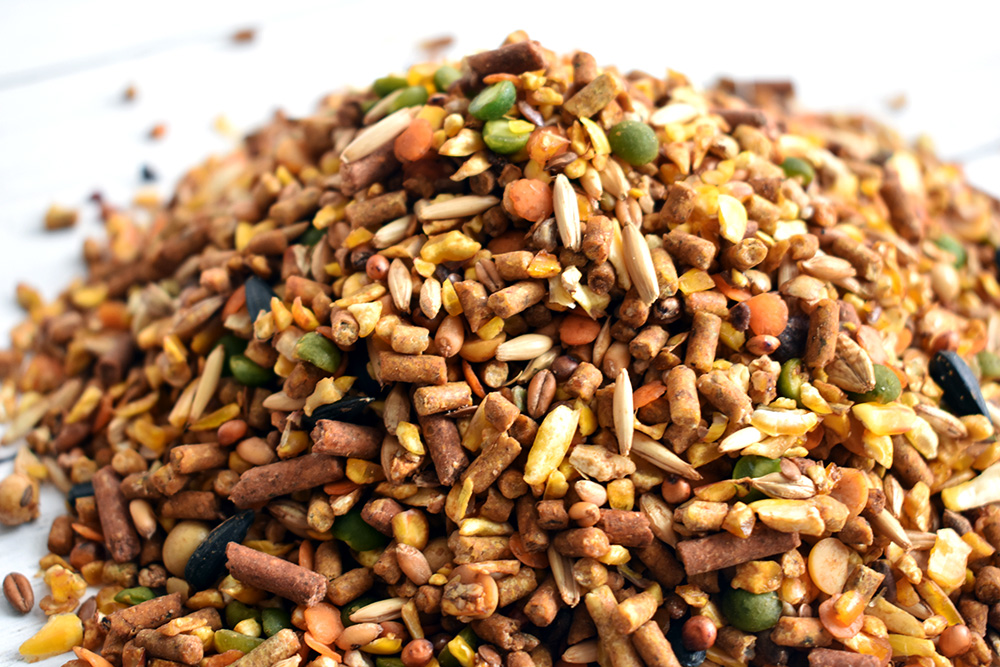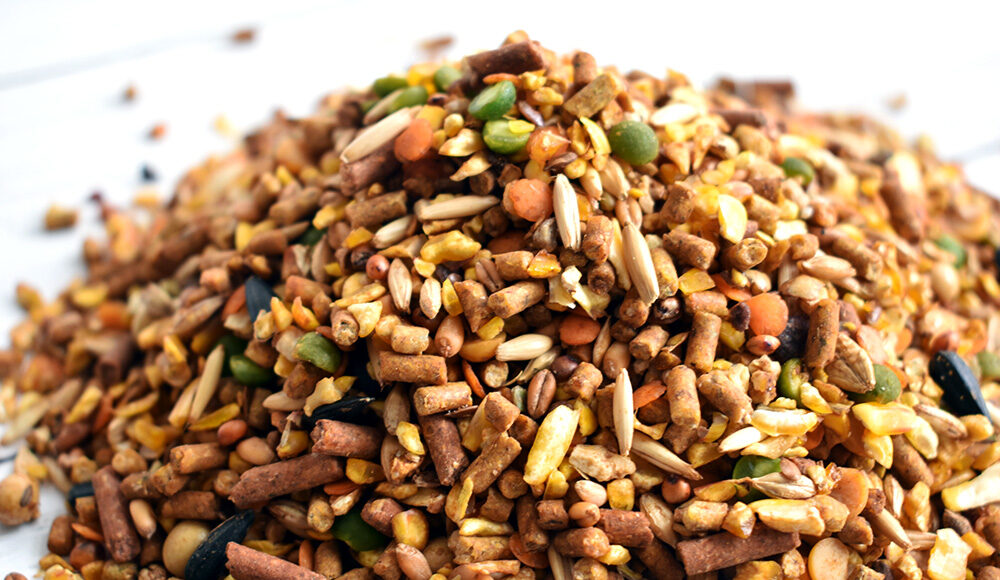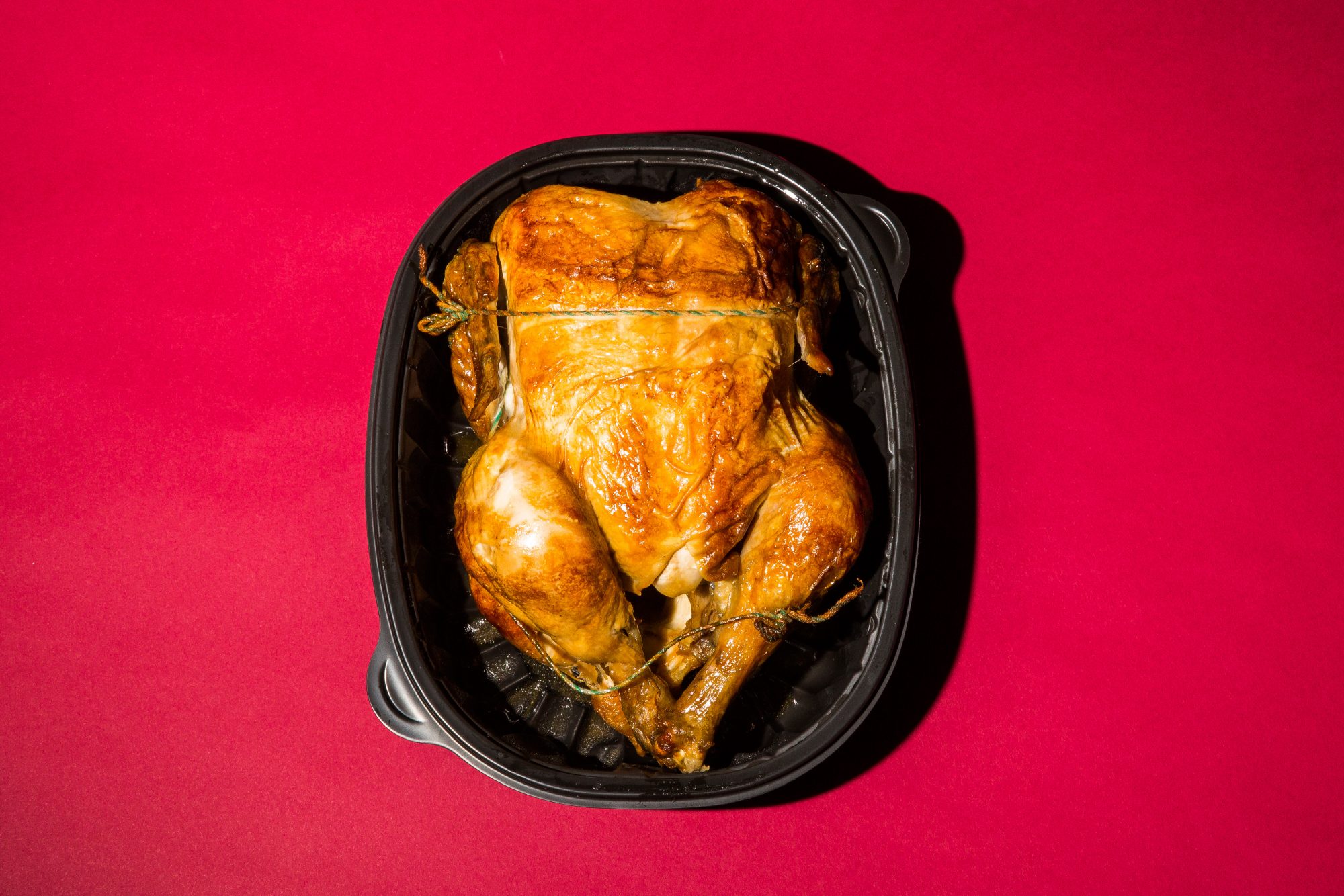Calcium is vital for the health of your poultry. Ensuring your chickens receive the right amount of calcium can improve eggshell quality, skeletal structure, and overall well-being. In this article, we will explore how to add calcium to chicken feed for optimum results.

Why is Calcium Important for Chickens?
Chickens need calcium for various physiological functions. It plays a key role in eggshell formation and bone health. A deficiency in calcium can lead to issues like weak eggshells, bone fractures, and reduced egg production.
The Role of Calcium in Egg Production
Calcium is critical for laying hens. Each egg a chicken lays contains a significant amount of calcium, primarily in the shell. Without adequate calcium, hens can experience a reduction in egg production and egg quality.
Calcium and Bone Health
Just as humans need calcium for strong bones, so do chickens. Calcium helps maintain strong bones and prevents conditions like osteoporosis. This is especially important for high-producing layers, as their calcium demand is higher.

Signs of Calcium Deficiency in Chickens
It is essential to recognize the symptoms of calcium deficiency early on to prevent further health issues. Some common signs include:
- Soft or thin-shelled eggs
- Decreased egg production
- Weakness or lethargy
- Bone fractures
- Poor feather condition

Naturally Adding Calcium to Chicken Feed
There are several natural methods to boost the calcium content in your chicken feed:
Crushed Oyster Shells
Crushed oyster shells are one of the most popular and effective sources of calcium for chickens. Easily added to their feed, these shells are readily available at most feed stores.
Limestone
Limestone is another commonly used calcium supplement. It can be mixed directly with the feed, providing a steady source of calcium.
Eggshells
Recycling eggshells is an excellent way to provide calcium. Clean, crush, and bake the shells before mixing them into the feed to eliminate any pathogens.

Incorporating Commercial Calcium Supplements
Commercial calcium supplements are designed to provide a balanced and easily absorbable form of calcium. Look for high-quality products that can be mixed or sprinkled over the feed.
How Much Calcium Do Chickens Need?
The recommended calcium intake for laying hens is around 4% of their total diet. Ensure to monitor their intake and adjust accordingly to avoid over-supplementing, which can lead to health issues such as kidney damage.
Importance of a Balanced Diet
While calcium is crucial, it’s essential to provide a balanced diet that includes adequate protein, vitamins, and minerals. This ensures overall health and productivity.
Protein and Vitamins
Ensure your feed is rich in protein and vitamins, as these are necessary for growth, egg production, and overall vitality.
Grains and Seeds
Incorporate a variety of grains and seeds into your chicken’s diet. This helps provide a balanced nutritional profile.
Monitoring and Adjusting Calcium Intake
Regularly observe your chickens for any signs of calcium deficiency or excess. Adjust their feed accordingly to maintain optimal health.
Relevant Internal Links
For more tips on chicken health and diet, check out these articles:
FAQ Section
Can I give my chickens too much calcium?
Yes, over-supplementing calcium can lead to health issues like kidney damage. Always follow recommended guidelines.
How can I ensure my chickens are getting enough calcium?
Incorporate natural and commercial calcium sources and monitor their health for signs of deficiency.
What are some common sources of calcium for chickens?
Common sources include crushed oyster shells, limestone, and eggshells.
For more information on chicken feed, visit Homesteading Family.
As an Amazon Associate, I earn from qualifying purchases.









